Trip to Aghdam city - devastated by Armenian vandals
Unveiling the past and embracing hope
REPORTS 29 December 2023 - 17:48
| Vugar Khalilov |
Aghdam, a city in Azerbaijan, has a complex and tragic history that is marked by destruction and displacement. Known as the "Hiroshima of the Caucasus", Aghdam witnessed devastation during the Nagorno-Karabakh conflict in the early 1990s.
The city's fate took a dark turn, when Armenia raised territorial claims against Azerbaijan. In 1993, Armenian forces captured Aghdam, leading to widespread devastation and displacement of its Azerbaijani population.
The destruction of Aghdam was not merely a consequence of warfare; it was a deliberate act of vandalism. Armenian forces systematically looted and razed the city, leaving behind a landscape of ruins and despair. The once vibrant urban centre became a ghost town, its architectural heritage reduced to rubble. This act of cultural and historical erasure echoes beyond the physical destruction, impacting the collective memory of the Azerbaijani people.
Aghdam's strategic location and historical significance make its destruction even more poignant. The city was a cultural hub, with mosques, museums, and other landmarks that reflected Azerbaijan's rich heritage. The intentional destruction of these symbols not only erased tangible structures but also sought to erase the cultural identity of the Azerbaijani people in that region.
The displacement of Aghdam's population added a humanitarian dimension to the tragedy. Thousands of people were forced to abandon their homes, leaving behind not only their belongings but also their roots and connections to the land. The scars of this forced exodus persist, as families remember the pain of leaving behind their ancestral homes and the uncertainty of their future.
Once home to a thriving population and various industries, Aghdam now lies in ruins, with crumbling buildings and abandoned infrastructure bearing witness to the ravages of war. The deserted city (if we may call it a “city”) and dilapidated structures serve as a sombre reminder of the human cost of the conflict and the displacement of countless residents.
Aghdam's destruction is not only physical but also symbolic. The loss of cultural heritage, including mosques, museums, and historical sites, adds to the tragedy. The city's fall has left a void in the collective memory of Azerbaijan, as its residents were forcibly displaced, leaving behind homes and livelihoods.
In recent years, geopolitical shifts and diplomatic efforts have led to changes in the status quo, including the 2020 second Karabakh war, which resulted in Azerbaijan regaining control of certain territories, including Aghdam. The city's liberation has paved the way for its reconstruction and the potential return of displaced residents.
A bus trip to the destroyed city
Embarking on a bus trip to the once-thriving city of Aghdam is a poignant journey through the remnants of a tragic past. This Azerbaijani city, which witnessed prosperity and cultural richness, fell victim to the ravages of conflict unleashed by Armenia, leaving behind a haunting landscape that narrates the tale of destruction and displacement.
As the bus trundled through the desolate landscape, the weight of anticipation hung heavy in the air. We were en route to the once-vibrant city of Aghdam, now reduced to ruins by the ravages of conflict. The windows framed a melancholic tableau of devastation, a stark contrast to the memories that lingered in the recesses of my mind.

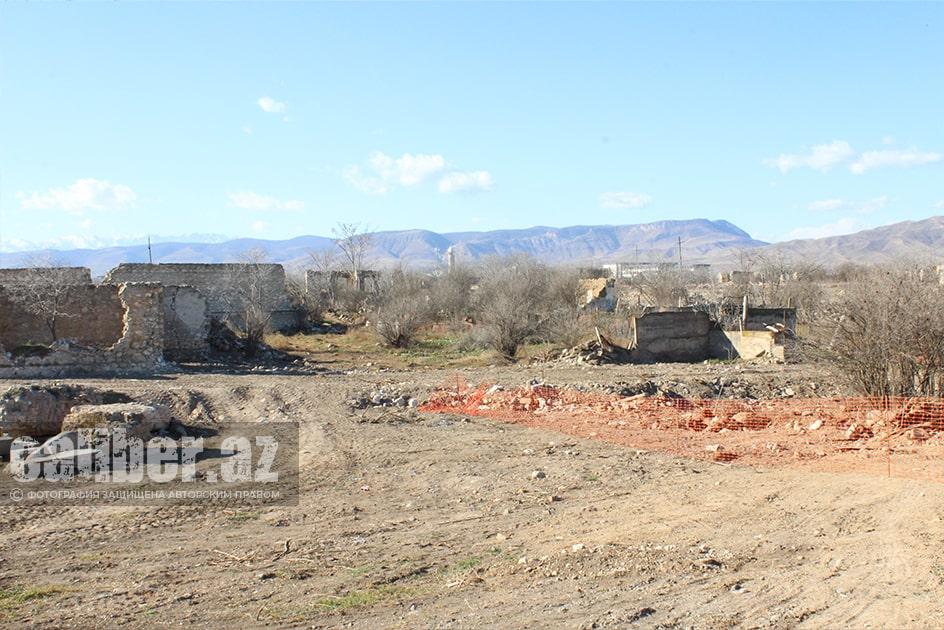
The journey was more than a physical passage; it was a descent into the heart of sorrow, an odyssey through the remnants of a place that had once pulsed with life. The ghostly shells of buildings whispered tales of families and businesses that once flourished, now reduced to rubble and echoes. The bus moved slowly, almost reverently, as if navigating through the sacred remnants of a forgotten civilization.
Emotions intertwined as I imagined the lives that once intersected within these forsaken streets. The bus rolled past a shattered mosque, its minaret pointing accusingly at the sky, a silent testament to the indiscriminate nature of the conflict. A palpable sense of grief enveloped the passengers bound by the shared pain of witnessing a city reduced to a mere shadow of its former self.
Through the dust-covered windows, I glimpsed remnants of a mural that had once adorned a school wall. In the stillness of the bus, I grappled with the profound sense of loss, not just for Aghdam but for the universal tragedy of humanity tearing itself apart.
Visiting the historical Imarat complex in Aghdam
One of the historical-architectural buildings in the Aghdam region that were subjected to Armenian vandalism is the mansion of Panahali Khan (1693-1763), the founder of the Karabakh Khanate. This historical-architectural monument of the 18th century is one of the first estates of the Khan dynasty.
The palace was distinguished from other khan palaces spread over the territory of Azerbaijan and had the characteristics of a luxurious residence. Therefore, it is also called – Imarat - the mansion of Panahali Khan. Like other historical, cultural and religious monuments in the occupied territories, the building of Panahali Khan was insulted and vandalized by Armenians. Cows and pigs were kept in the Khan's palace, which was used as a stable.
Here are the tombs of Panahali Khan, who founded the Karabakh Khanate, and the rulers of the Khanate - Ibrahimkhalil Khan (1732-1806) and his son Mehdigulu Khan (1763-1845), as well as Khurshidbanu Natavan (1832-1897), the daughter of Mehdigulu Khan and one of the greatest Azerbaijani poetesses.
Other prominent people who were descendants of Karabakh rulers were also buried in this cemetery. However, after the occupation of Aghdam city, the cemetery was also subjected to Armenian vandalism. Armenian vandals also destroyed the tomb of Ibrahimkhalil Khan and the tombstone of Khurshidbanu Natavan.
Considering the great cultural, historical, archaeological and architectural significance of the Imaret complex in Aghdam, we also asked famous experts to comment on the beginning and progress of work on its restoration.
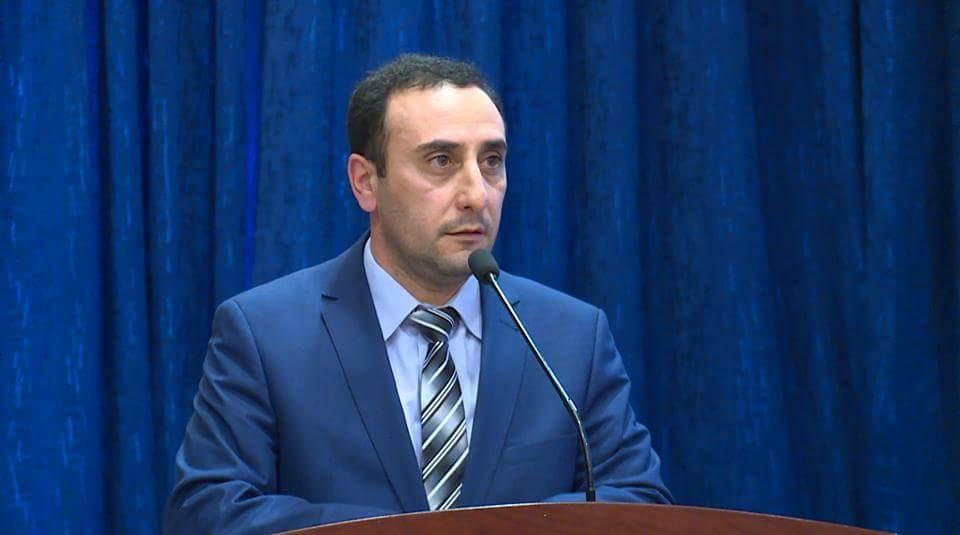
Rizvan Huseynov, director of the Center for the History of the Caucasus, a famous historian and researcher: “The complex is important for the cultural and historical heritage of not only the Karabakh region, but also the whole of Azerbaijan. Unfortunately, the house-palace of the founder of the Karabakh Khanate, Panahali Khan, was vandalized during the years of Armenian occupation.
The complex is of great importance for the whole of Aghdam. From an architectural point of view, both it and the Agdam Mosque were pearls. For example, the mosque was built by Karbalai Khan, a famous architect of that time, who lived for 93 years. In general, Aghdam is characterized by simple, but at the same time unique architectural forms.
I am sure that in the newly rebuilt Aghdam, the complex and the mosque will be historical and architectural centres. They play a very important historical and symbolic role in the continuity of generations of Azerbaijanis in Karabakh, emphasizing the long-standing historical roots and traditions of our people.”
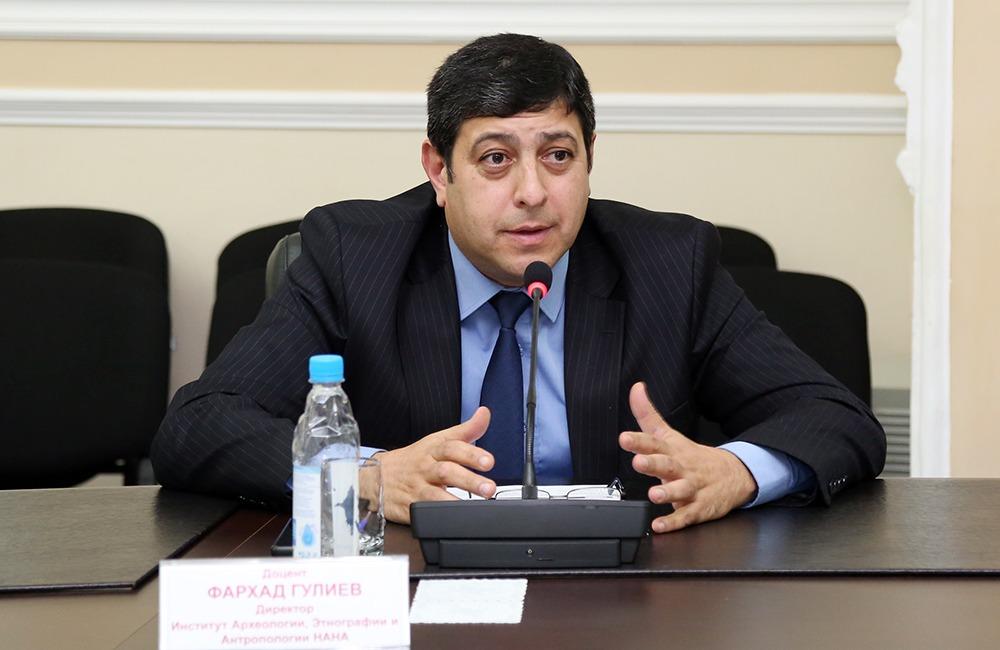
Director of the Institute of Archeology, Ethnography and Anthropology of ANAS Farhad Guliyev: “In the post-conflict period, research and study of historical and religious monuments (including mosques, necropolises and cemeteries) destroyed during the Armenian occupation are being conducted in Karabakh and Eastern Zangezur.
Unfortunately, during the occupation, it was the historical and religious monuments that received the first blow. This was a special feature of the occupiers, who wanted to destroy the entire historical heritage of the original Azerbaijani population of the region. In Karabakh, this lasted 30 years! During this time, almost all historical monuments were destroyed by the Armenians, especially those related to the history of Karabakh, the emergence of the Karabakh Khanate - mausoleums, necropolises... The Armenians needed to destroy all history!
We were able to record through archaeological research all the facts of the Armenian culturocide, the deliberate destruction of the necropolis of the Imaret complex, and acts of vandalism… They wanted to wipe them off the face of the earth, especially, I repeat, the burials of the elite of the Karabakh khans in the crypts suffered. But the Armenians could not destroy everything, they mainly destroyed stone tombstones and slabs, they were used as building material, but many graves remained untouched. We have identified burials from the 17th, 18th and 19th centuries, as well as from the Soviet period.
The burials in the mausoleums belong to the families of the Karabakh khans and to themselves, where we took DNA samples. Through archaeological research and DNA analysis, we establish the presence of related burials.
In the second stage, restoration work awaits the complex - restoration to its former historical appearance, including the necropolis. This will be the restoration of historical justice, and not only in Karabakh and Eastern Zangezur.”
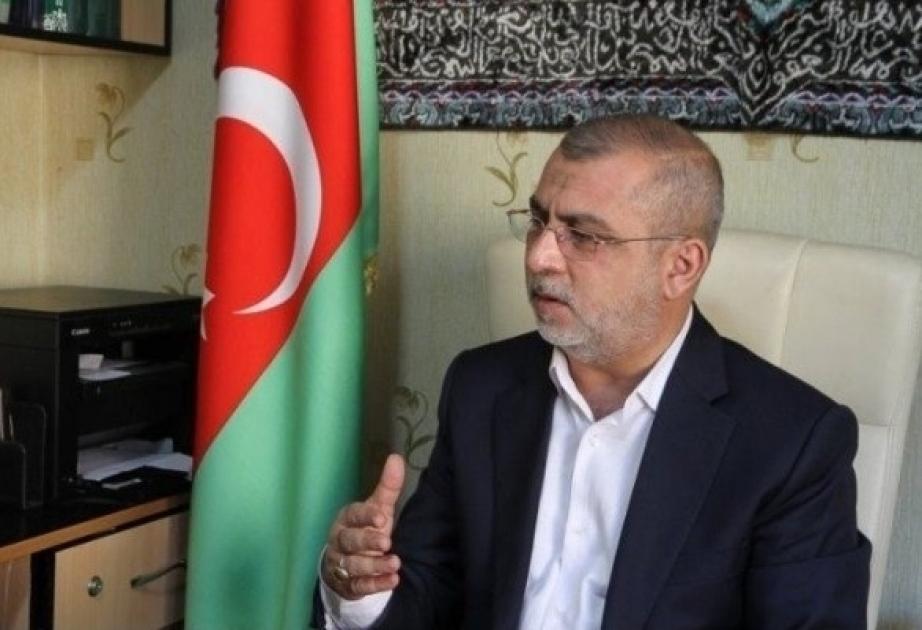
Member of the Council of the Caucasus Muslims Office, head of the religious community of the Juma mosque, professor of theology, Haji Surkhay Mammadli: “All religious communities of the republic - Muslims, Christians, Jews, etc. act freely and unhindered, surrounded by state care. […] hundreds of mosques, as well as churches, synagogues and Catholic temples have been restored or repaired in recent years.
The Imaret complex in Aghdam, built by Panahali Khan, was severely damaged and vandalized during the long-term Armenian occupation. After all, as in the case of other complexes, mosques, sanctuaries, tombstones, the Armenians had the goal of completely destroying the cultural and historical heritage of the Azerbaijanis in Karabakh and Eastern Zangezur, using falsification of history and forgery to create the appearance that the Azerbaijanis never lived there...”
Embracing hope for a bright future
Following the victory in the 44-day war with Armenia (2020), Azerbaijan has begun rapid rehabilitation work in Aghdam, as well as in all of its liberated territory. The only two partially preserved ancient sites, the Aghdam Mosque (Juma Mosque) and the Imarat cemetery are being rebuilt.
The Azerbaijani Culture Ministry is actively conducting archaeological research at the Imarat cemetery to restore Karabakh's cultural assets, which were destroyed by Armenians.
One crucial aspect of the reconstruction work in Aghdam is the rebuilding of homes and public infrastructure. Efforts have been made to provide displaced residents with the means to return to their homes, encouraging the re-establishment of communities. Reconstruction of schools, hospitals, and other public facilities is essential for the overall well-being and functioning of the city.
Recently, Azerbaijani President Ilham Aliyev attended the foundation laying ceremony of the fifth residential complex to be built in Aghdam. A part of the area where the residential complex with a total area of 14 hectares will be built includes a multifunctional zone.
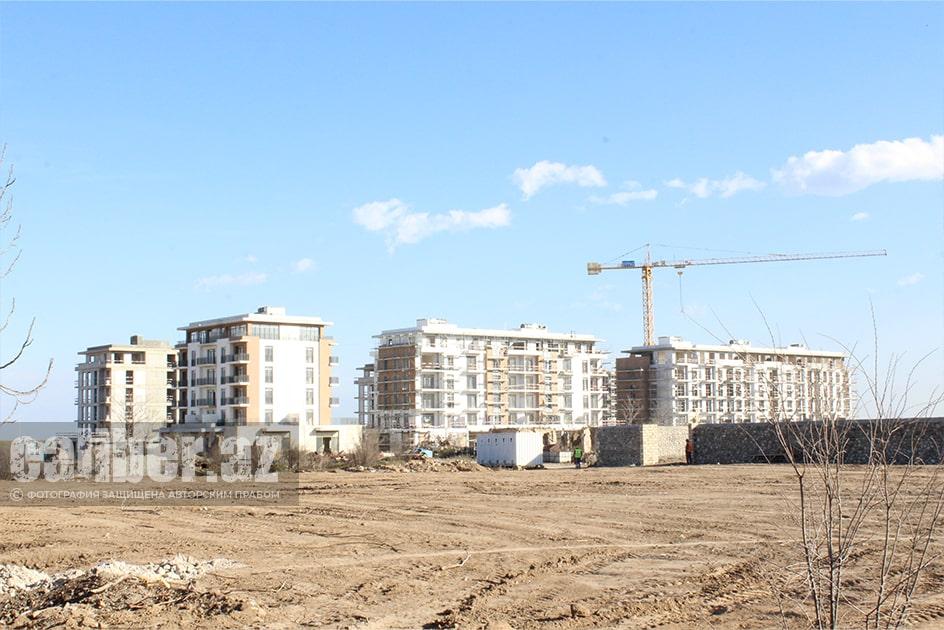
The recently completed Barda-Aghdam route, over which our party travelled, once again attests to civilization's victory over barbarism and breathes new life into lands ravaged by Armenian vandals.
As we retraced our path out of the city, the weight of the experience lingered. The bus trip to destroyed Aghdam was not just a physical journey through broken landscapes; it was an emotional pilgrimage into the heart of human vulnerability. The scars etched into the city mirrored the wounds of a collective soul, a poignant reminder that amidst the ruins, resilience and hope must find a way to bloom anew.
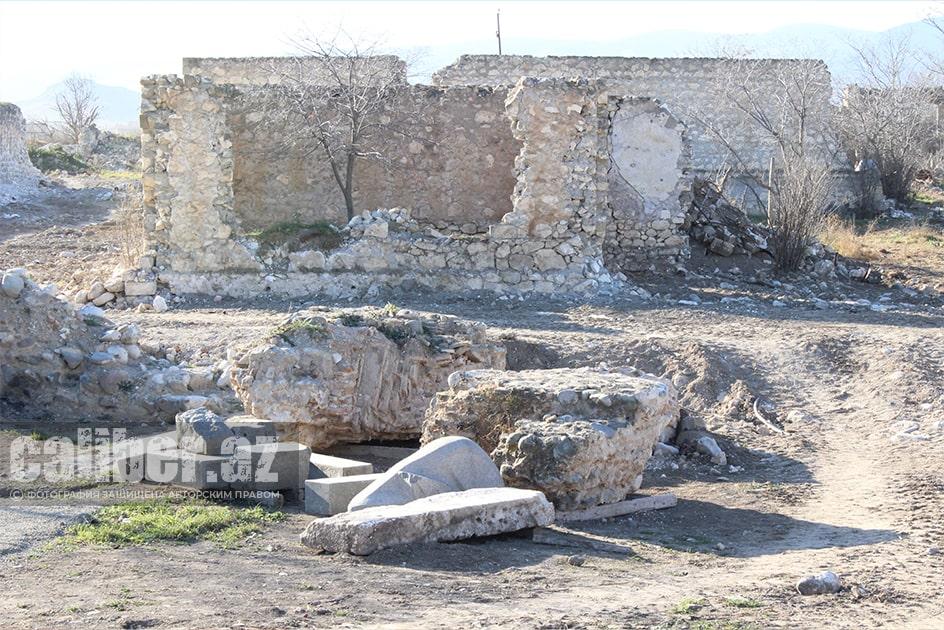
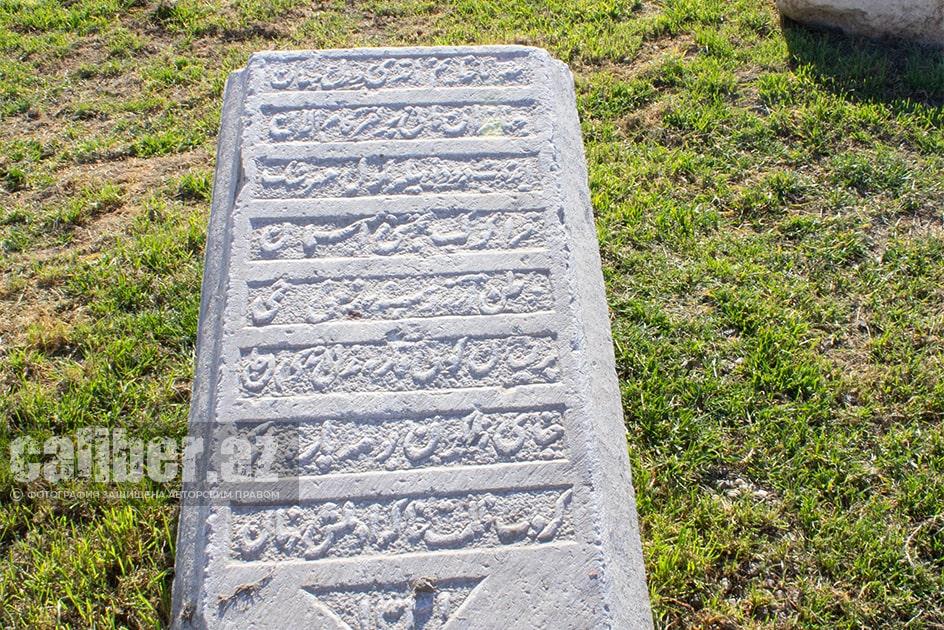
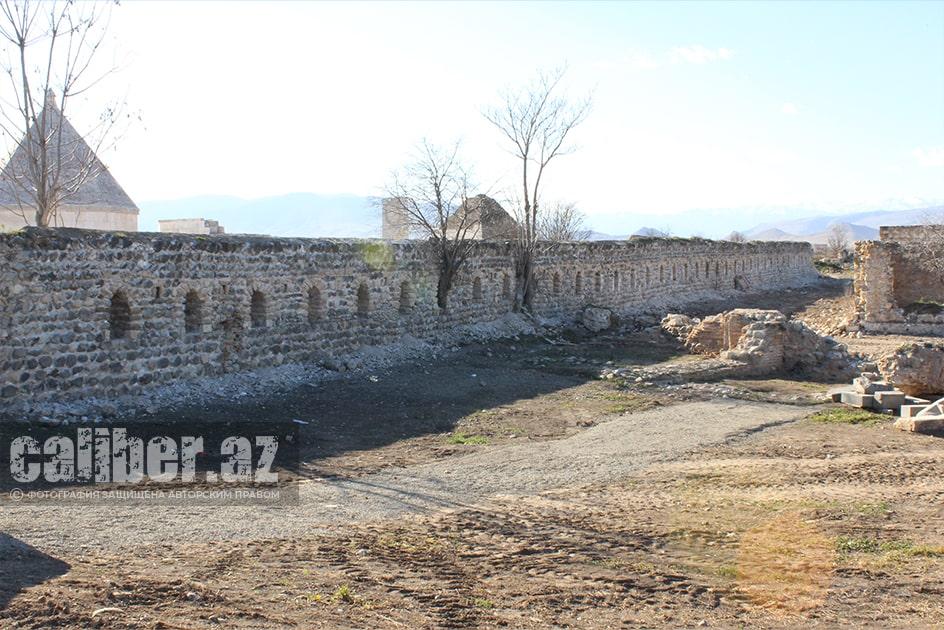
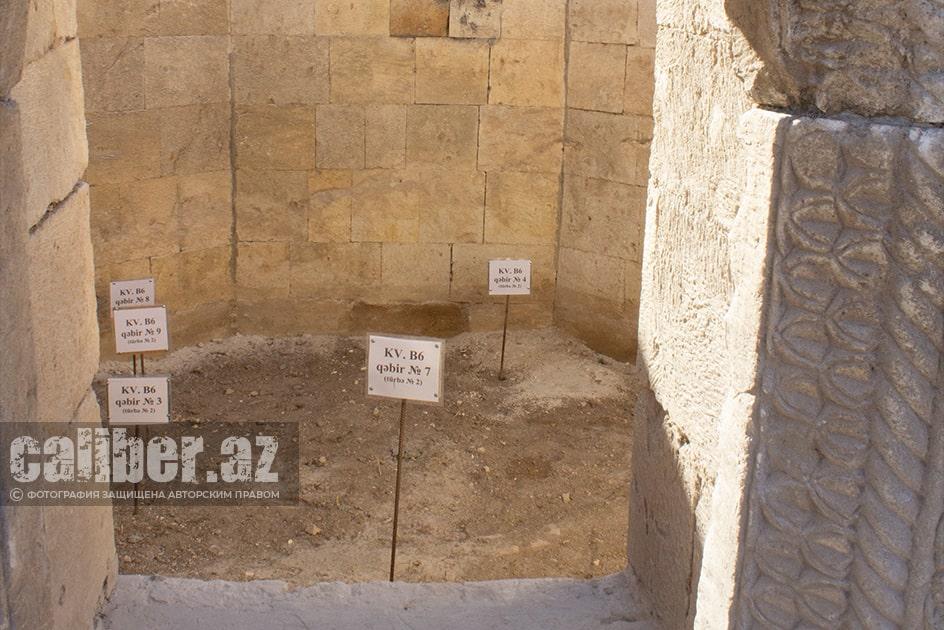
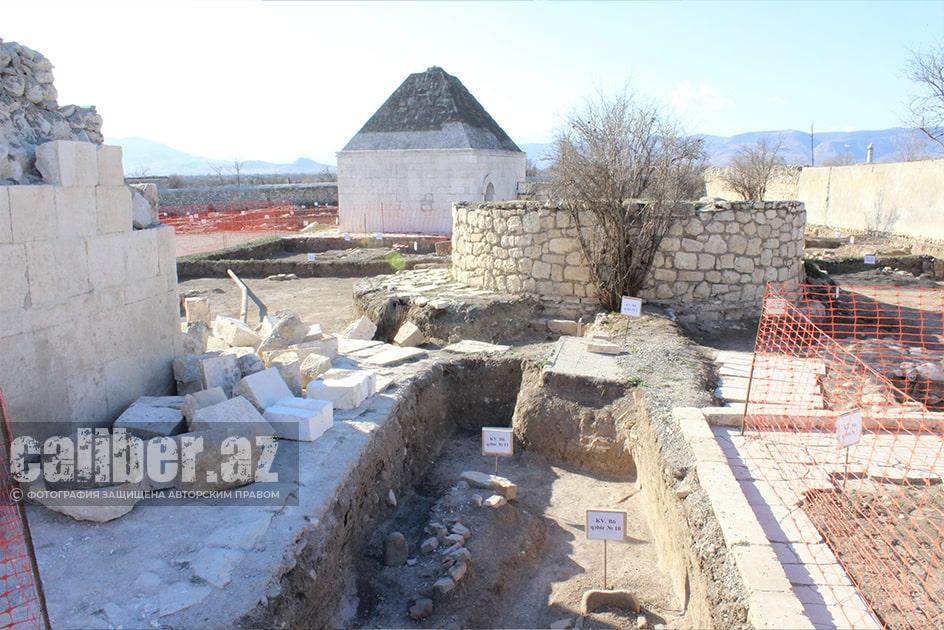
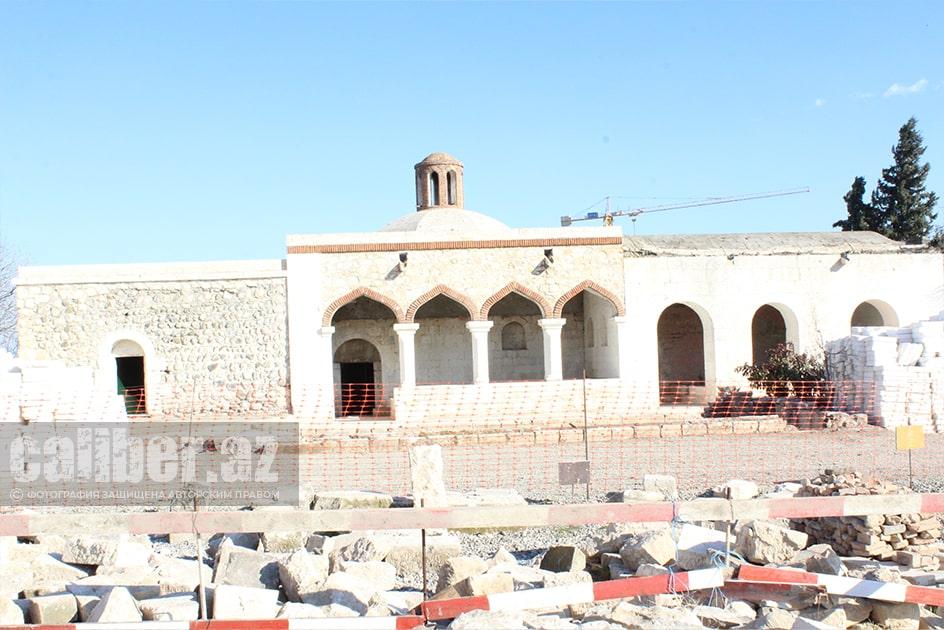
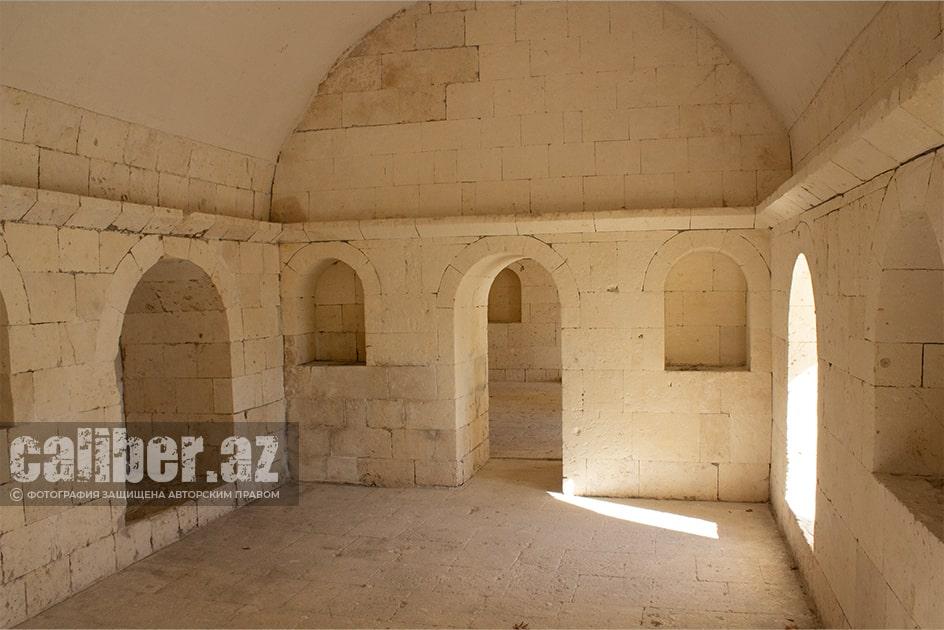
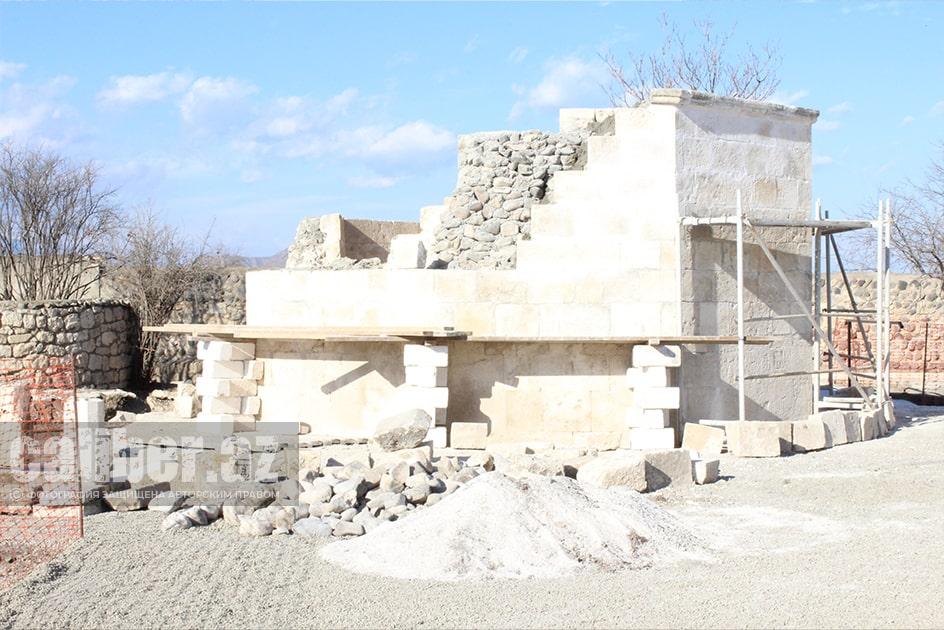
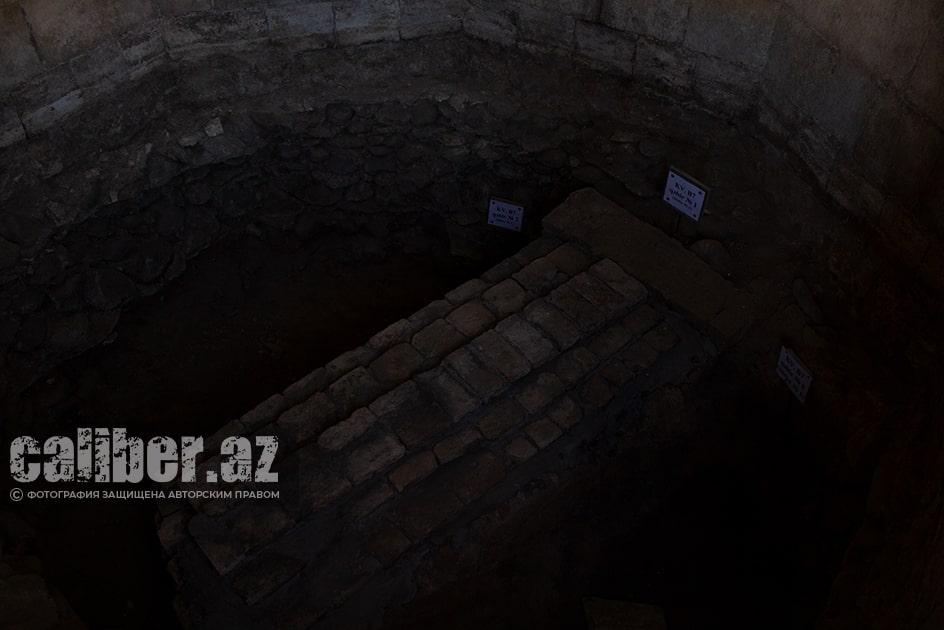

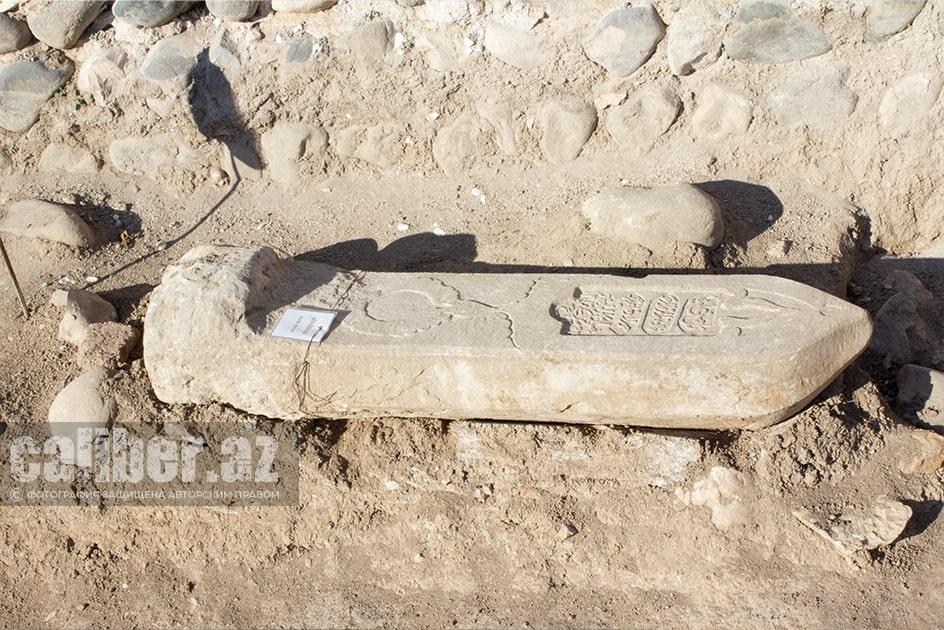
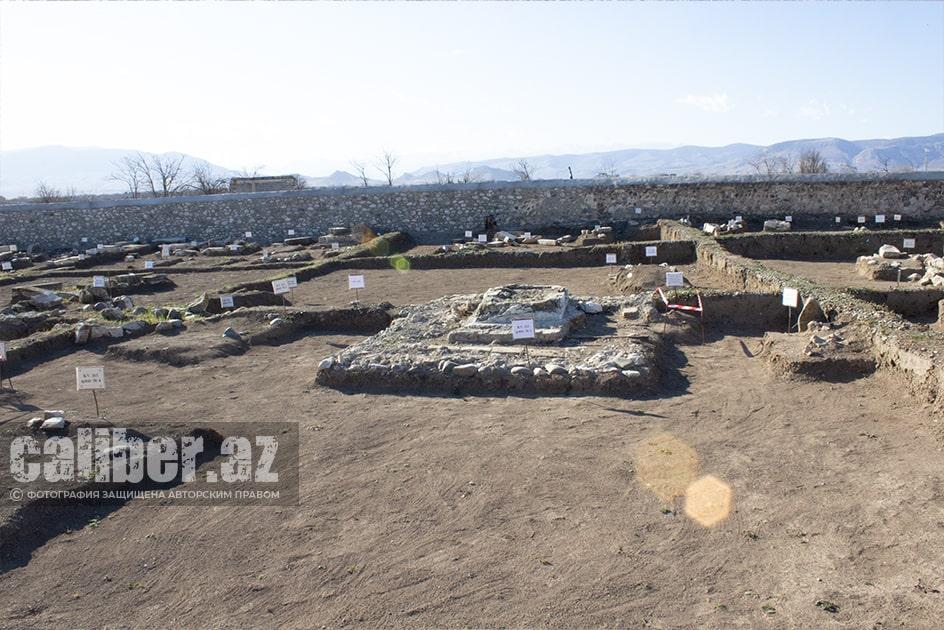
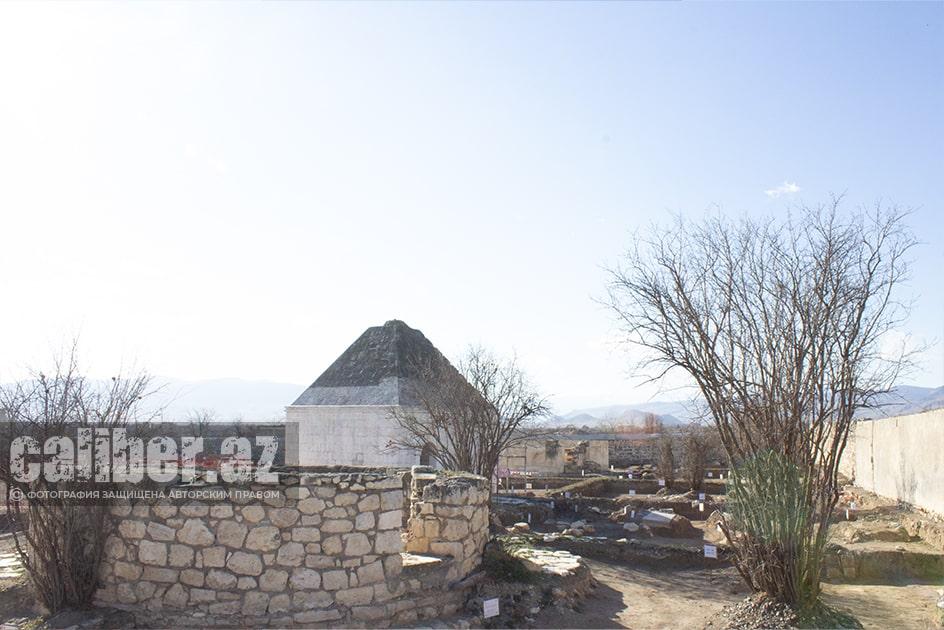
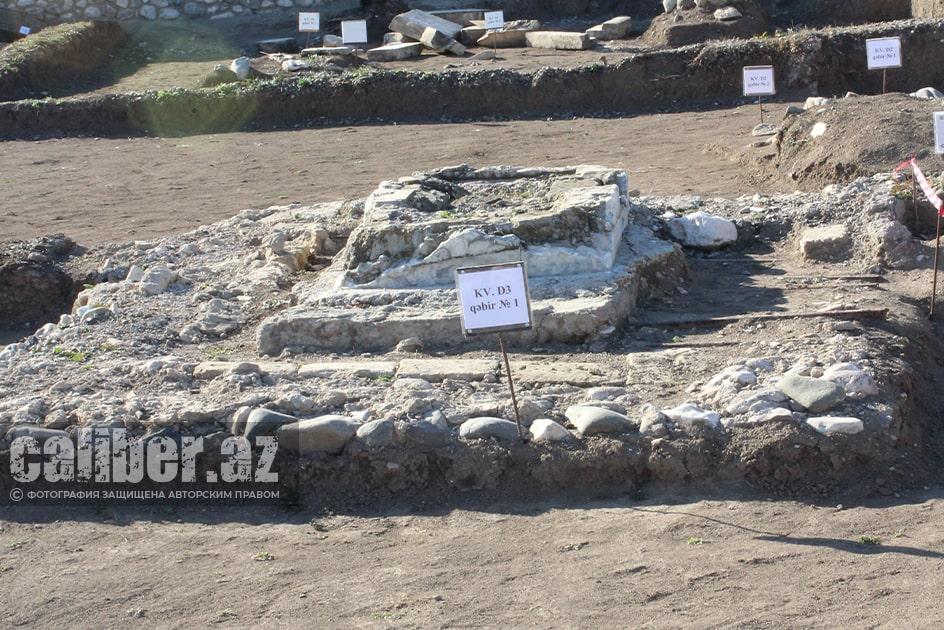
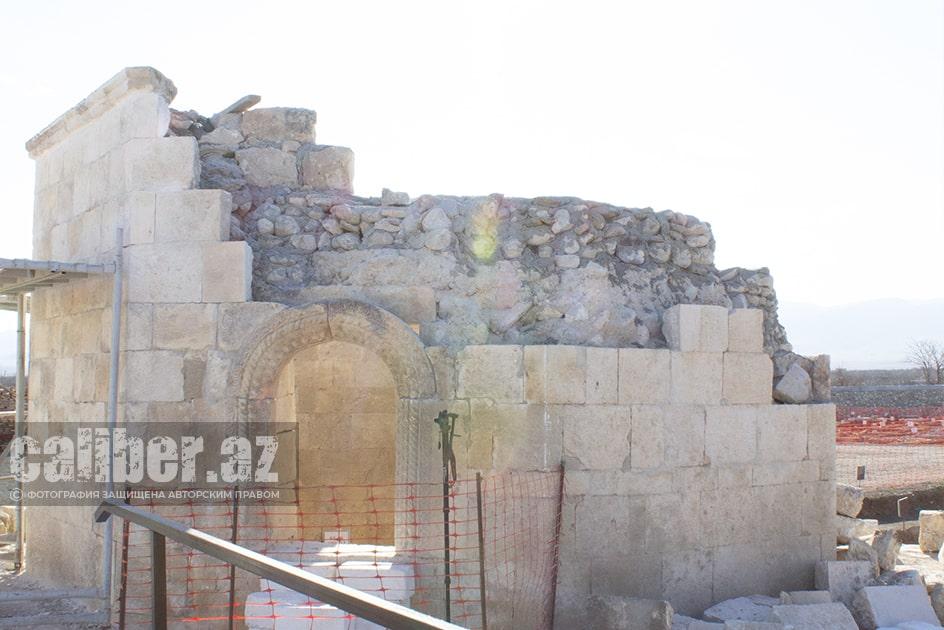
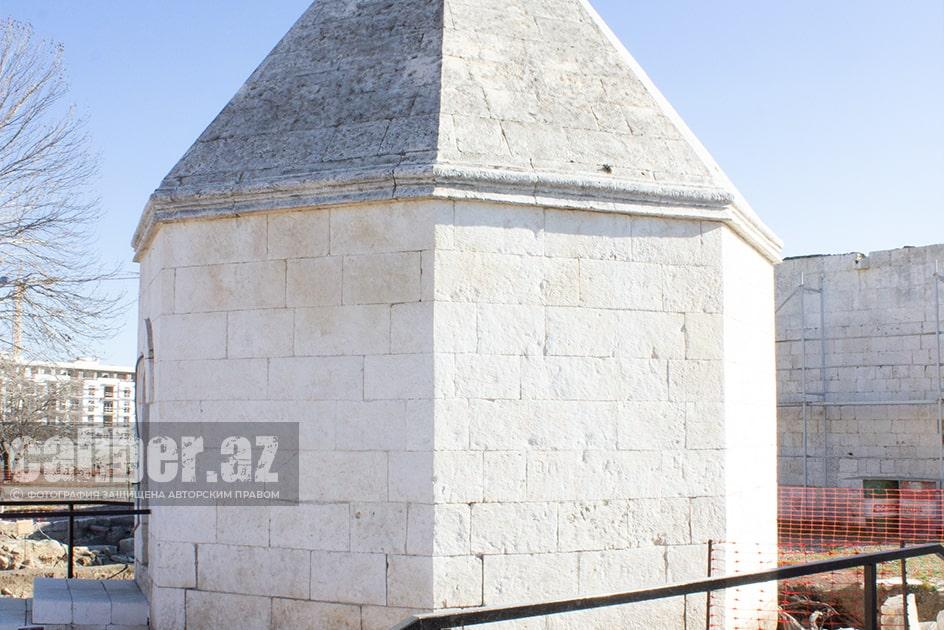
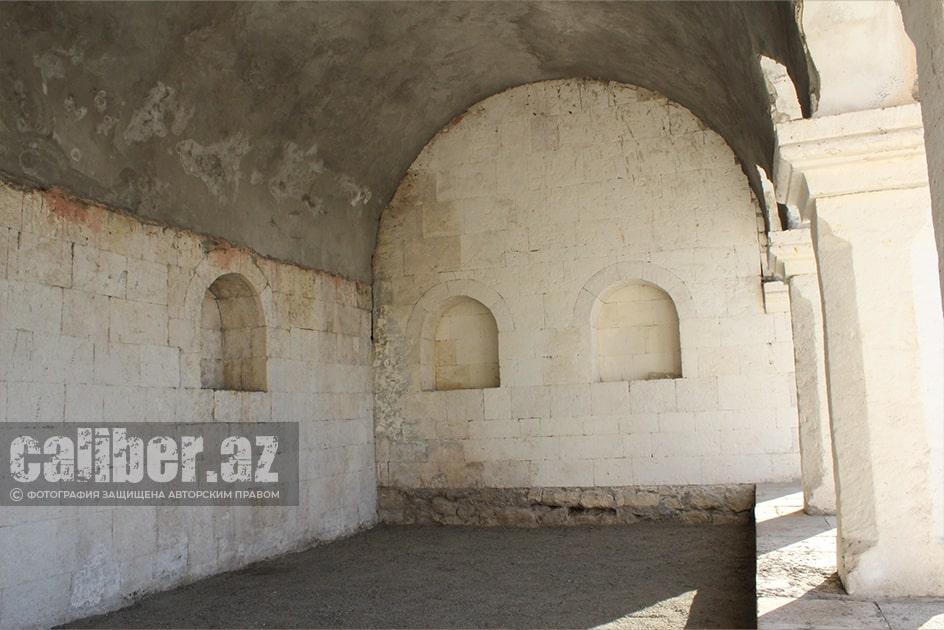
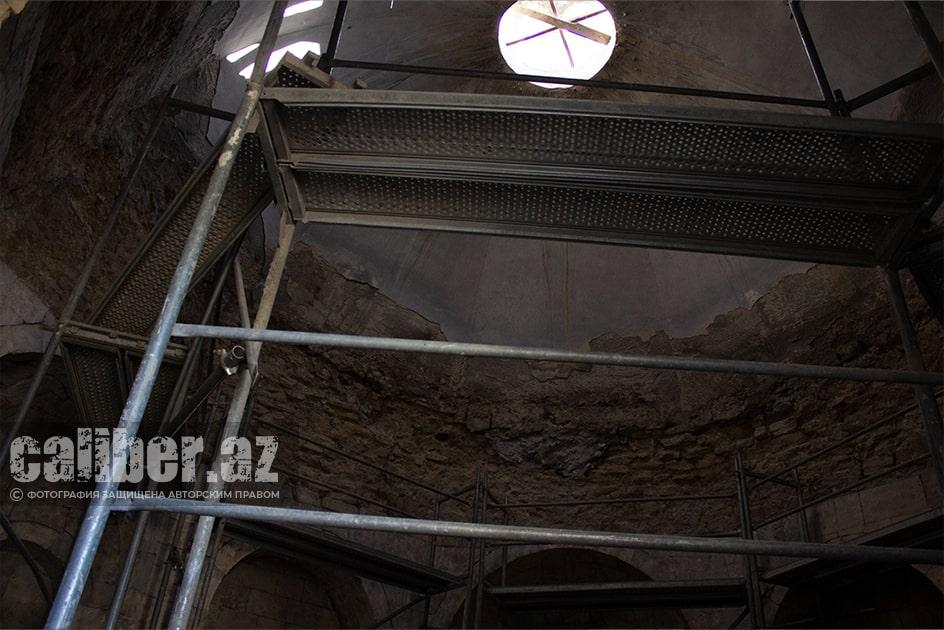
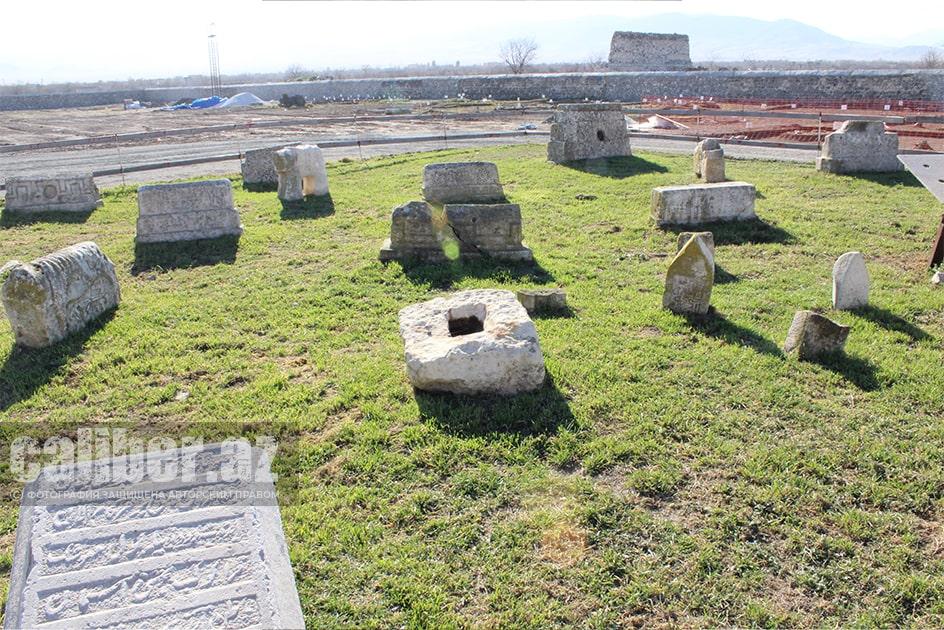
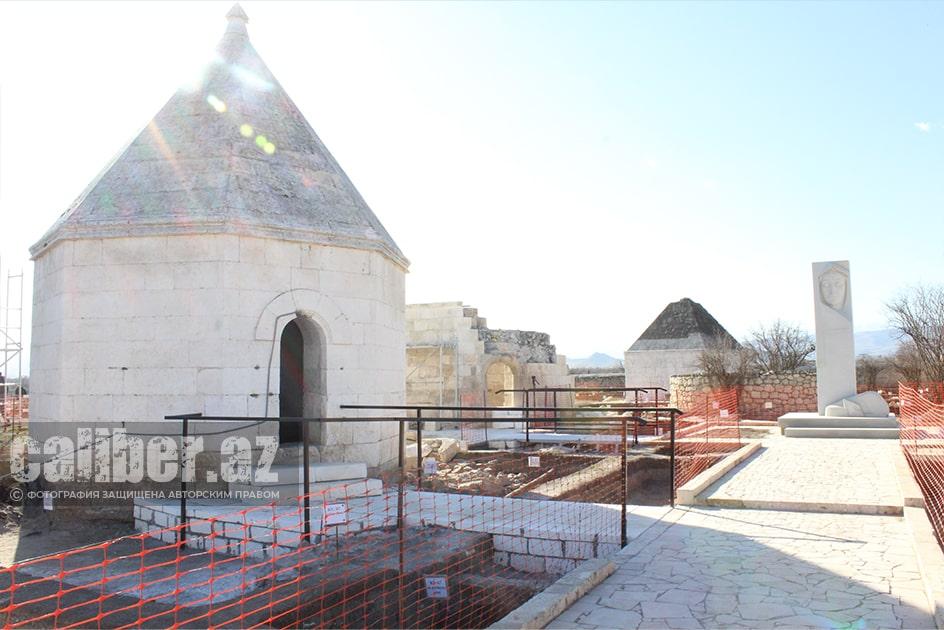
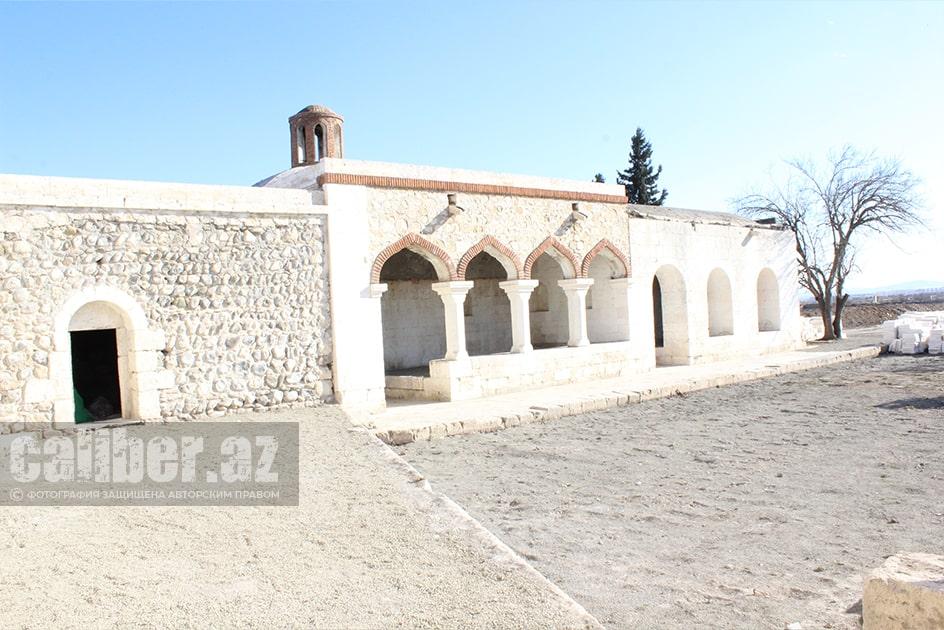
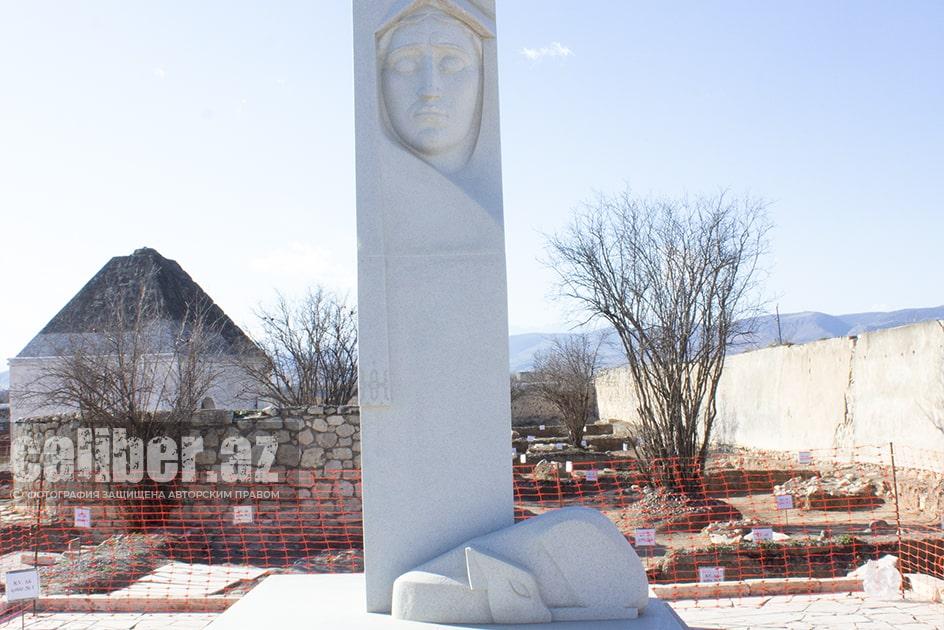
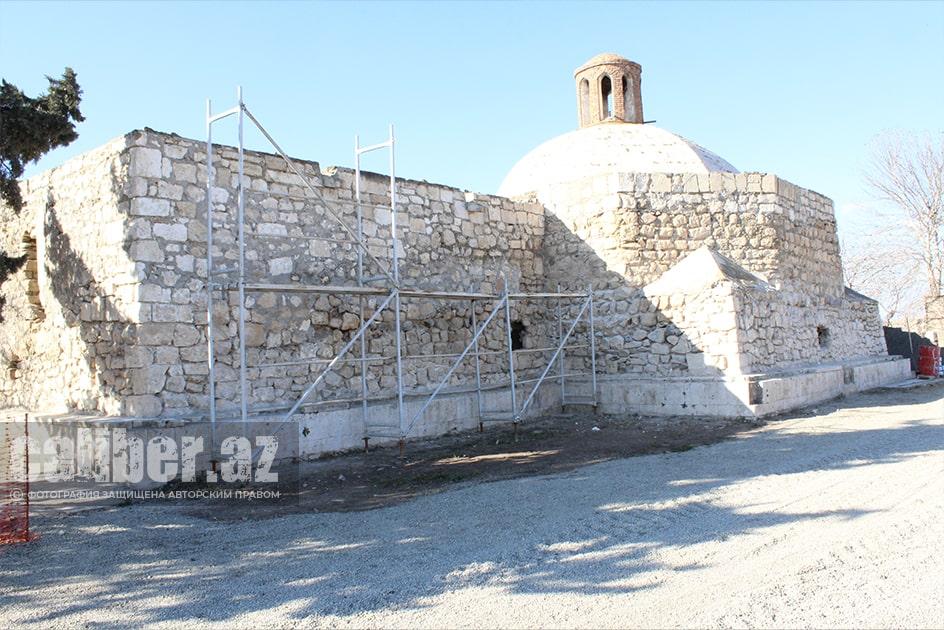
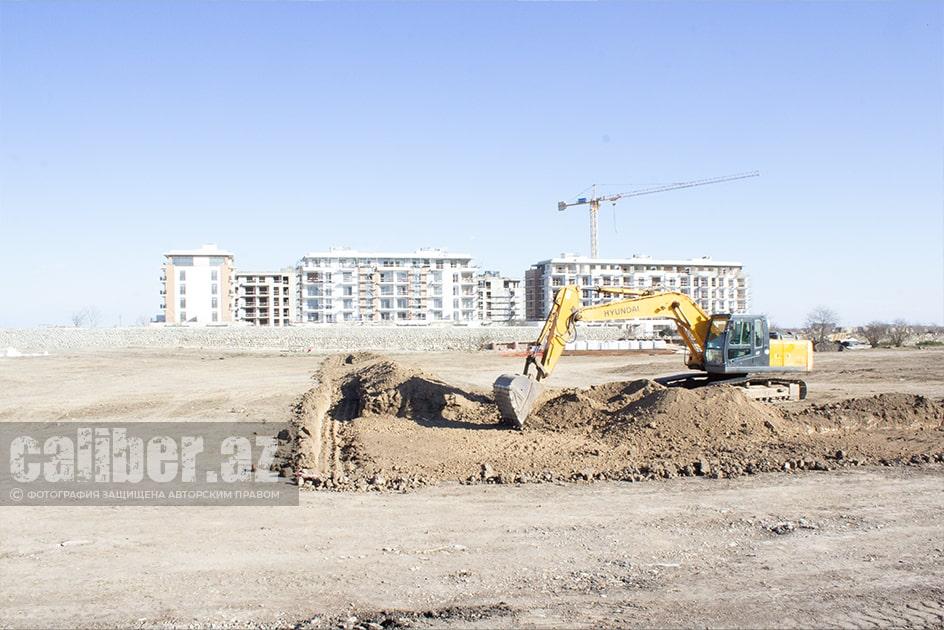
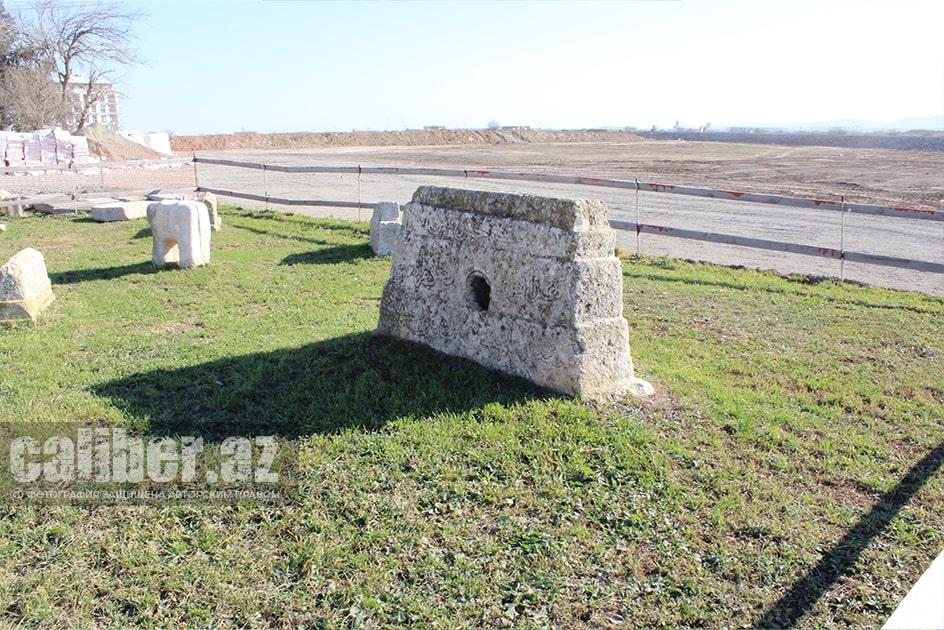
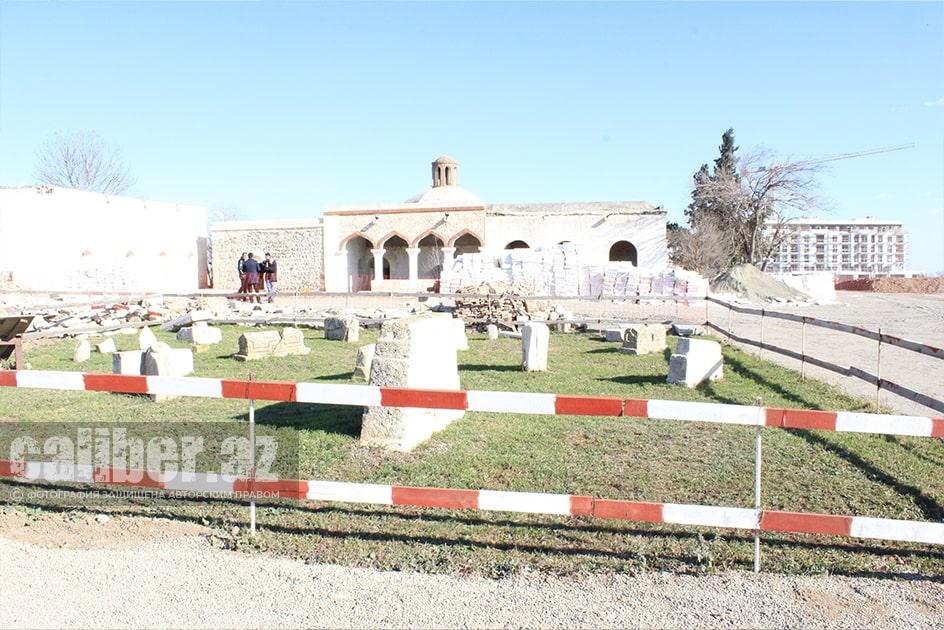
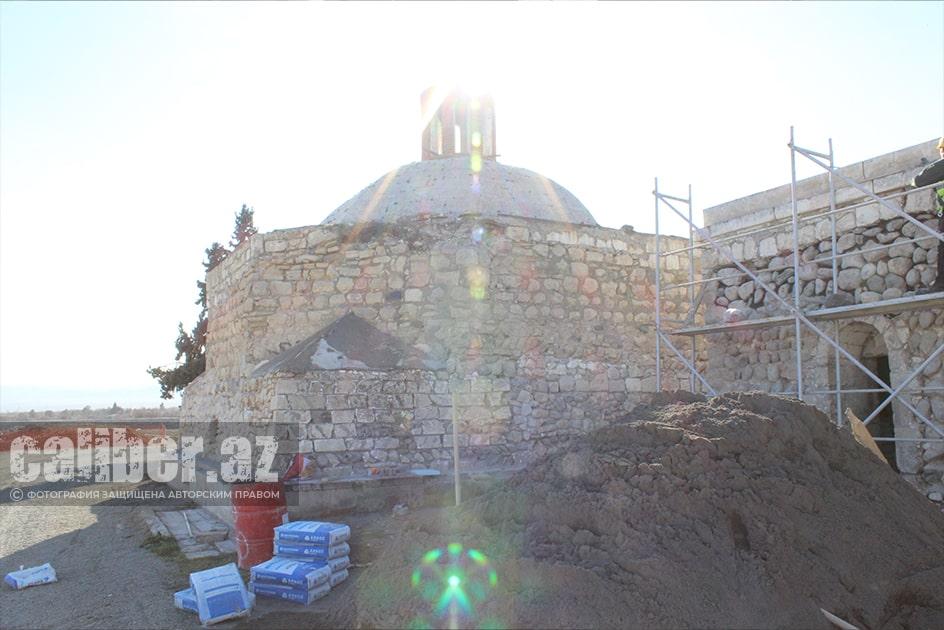
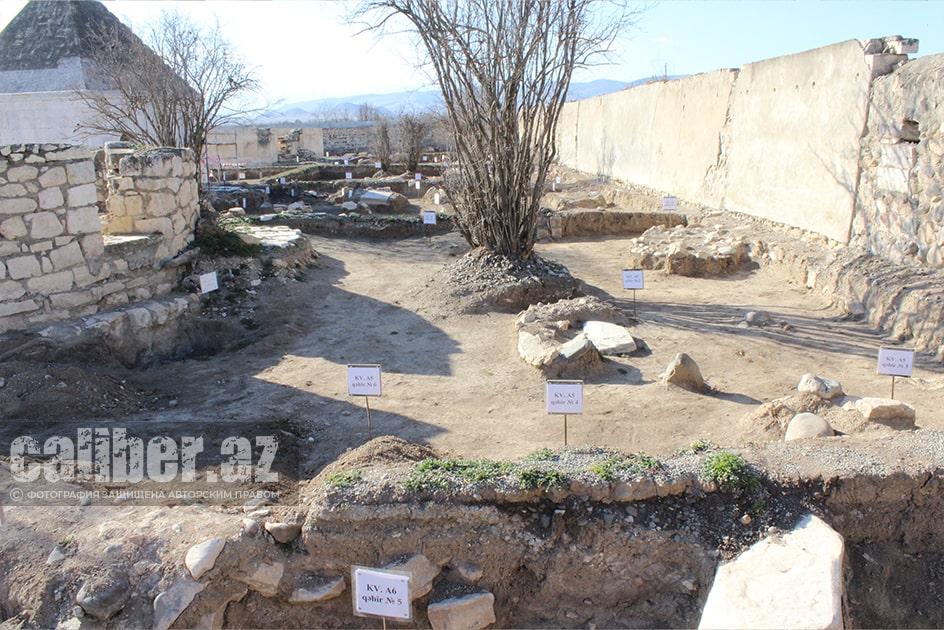

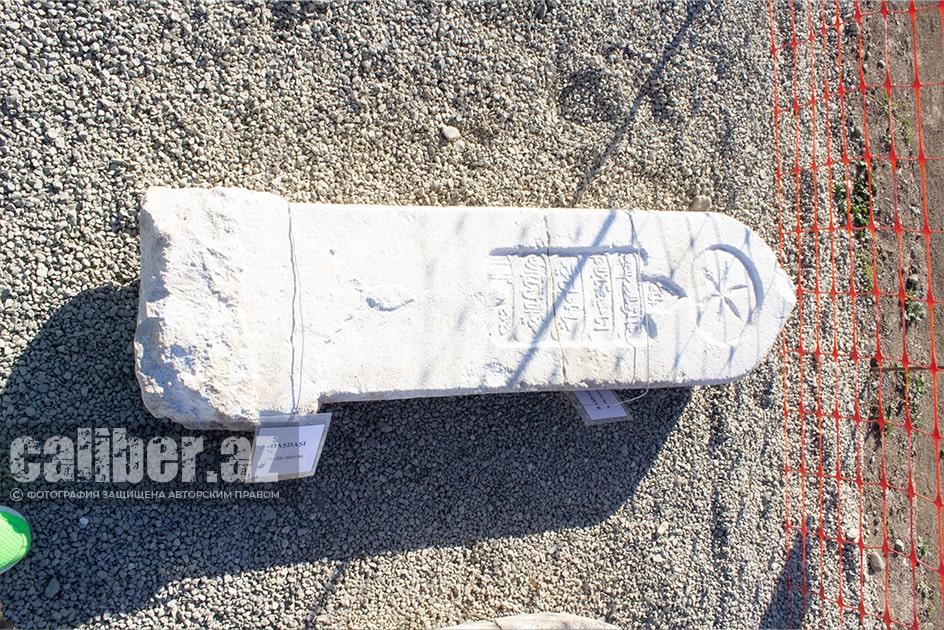
Caliber.Az
|
1
|
Erdogan hurries Yerevan: Time is running out Expert opinions on Caliber.Az
27 April 2024 - 13:58
|
|
2
|
Azerbaijan's energy offer signals path to normalization with Armenia Amid geopolitical shifts
26 April 2024 - 17:24
|
|
3
|
ATACMS for Ukraine Winning the war against Russia
27 April 2024 - 09:45
|
|
4
|
Kazakhstan denies sale of military airplanes to Ukraine
28 April 2024 - 14:26
|
|
5
|
Azerbaijan's response to European Parliament resolution A geopolitical analysis
27 April 2024 - 11:11
|
US returns ancient artefacts looted from Cambodia, Indonesia
29 April 2024 - 08:01
Dubai contemporary artist prides himself on his unique way of working
29 April 2024 - 06:02
World’s 1st stealth submarine capable of 180-degree turn at full speed
29 April 2024 - 04:03
Memorial to be built for Muslim soldiers who fought and died alongside UK troops in World Wars
29 April 2024 - 02:04
Germany grapples with wave of spying threats from Russia and China
29 April 2024 - 00:04
US secretary of state commends Baku-Yerevan border delimitation deal in call with Azerbaijani president
28 April 2024 - 23:01
Russia launches first-of-its-kind helicopter pilot training ship
28 April 2024 - 22:00
Gold watch worn by richest passenger aboard Titanic sells for record-breaking $1.5 million
28 April 2024 - 20:03
Is Macron's vision for European defence feasible?"
Swedish and German experts weigh in28 April 2024 - 19:52
Armenian envoy to EU complains of undermining Russia's interests in the Caucasus
28 April 2024 - 18:02
Azerbaijani minister, WEF managing director discuss potential partnerships within COP29
28 April 2024 - 17:46
Gaza death toll rises to 34,454
28 April 2024 - 17:31
UK promises billions more for defence to counter threats from "axis of authoritarian states"
28 April 2024 - 17:12
Azerbaijani minister meets with colleagues in Turin
28 April 2024 - 17:01
Israelis gather nationwide, urging government action for Gaza hostage return
28 April 2024 - 16:53
Iran plans to launch 5-7 satellites in current Iranian year
28 April 2024 - 16:36
Australians call for tougher laws on violence against women after killings
28 April 2024 - 16:17
Palestinian president says only US can halt Israel's attack on Rafah, expected in days
28 April 2024 - 15:58
Germany opposes confiscation of frozen Russian assets
28 April 2024 - 15:41
Türkiye, Greece to build new bridge
28 April 2024 - 15:23
Nearly 20 drones attacked Russian regions
28 April 2024 - 15:04
Russia destroys 17 drones launched by Ukraine - MoD
28 April 2024 - 14:45
Kazakhstan denies sale of military airplanes to Ukraine
28 April 2024 - 14:26
Azerbaijani economy minister, Saudi Aramco president discuss joint activities in energy sector
PHOTO28 April 2024 - 14:07
Armenia strengthening sovereignty by normalising ties with Azerbaijan
Analytics by Serhey Bohdan28 April 2024 - 13:48
Azerbaijan's Lachin, Ukraine's Irpin to become twin cities
28 April 2024 - 13:32
Germany resumes investigation into Nord Stream incident
28 April 2024 - 13:15
Stockholm: Woman burns Quran under police watch
VIDEO28 April 2024 - 12:59
Azerbaijani economy minister to take part in World Economic Forum in Saudi Arabia
28 April 2024 - 12:51
US Secretary of State to meet with regional partners in Saudi Arabia next week
28 April 2024 - 12:42
Kyiv requests more than 800 Vector drones from Berlin
28 April 2024 - 12:23
Britain to deploy homegrown hypersonic missile by 2030
28 April 2024 - 12:04
Armenia to submit its proposals on Ani Bridge to Türkiye
28 April 2024 - 11:45
Azerbaijani police discover Armenians-left weapons in Zangilan
28 April 2024 - 11:27
Azerbaijan’s strategy, Ukraine’s game, White House’s bonuses
Caliber.Az weekly review28 April 2024 - 11:08
Iran and the atomic bomb: real or imaginary threat?
Expert insights28 April 2024 - 10:57
Tornado kills at least 5, injures 33, in Chinese metropolis as region battles deadly floods
28 April 2024 - 10:49
German Chancellor: No Taurus long-range missiles for Ukraine
28 April 2024 - 10:28
Israel open to discussing "sustainable calm" in Gaza after initial hostage release
28 April 2024 - 10:12
Saudi Fund For Development, Azerbaijan cooperate in transport sector
28 April 2024 - 09:54
